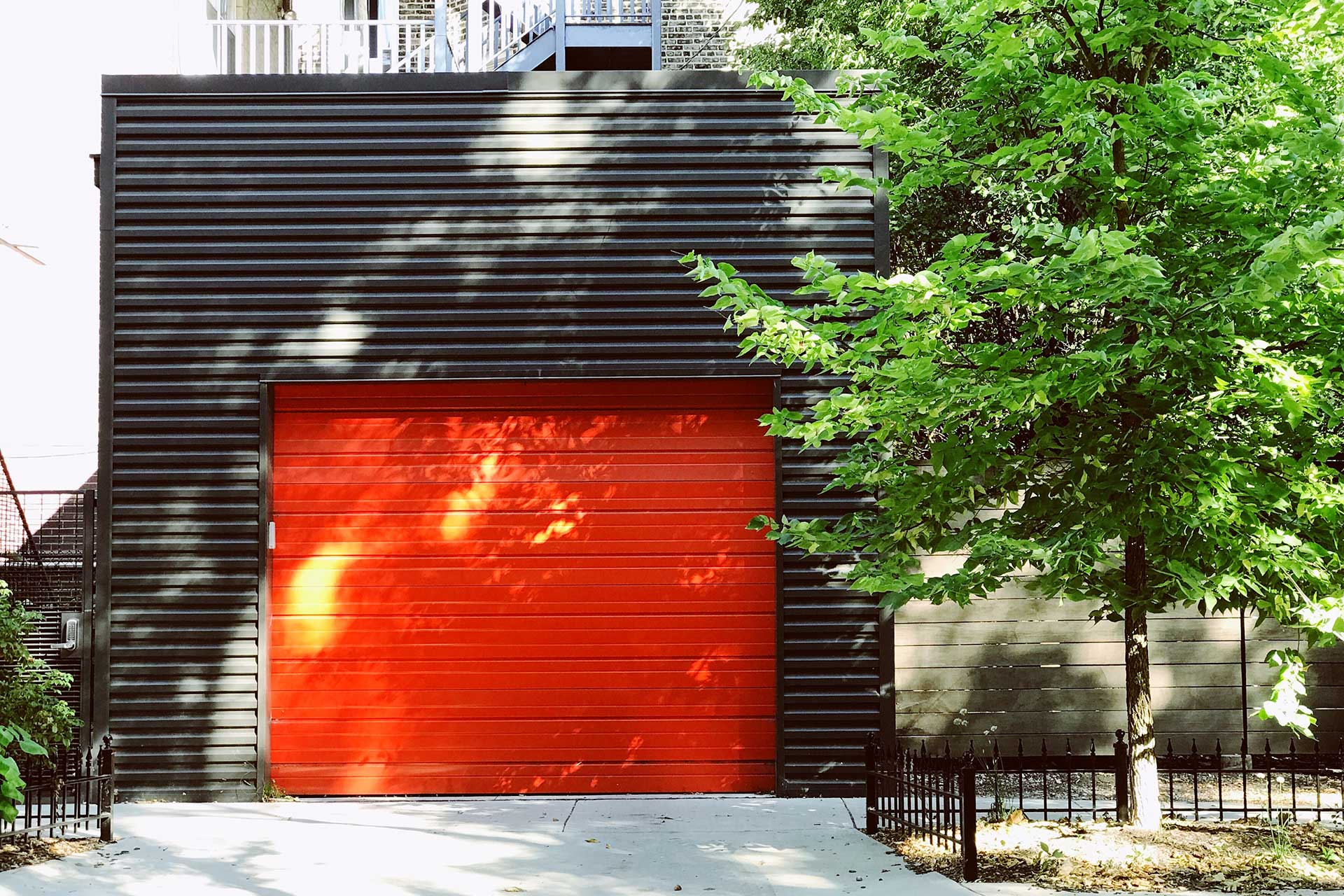Has The Toronto Bubble Finally, Popped?
With so many different driveway types described for residential properties in downtown Toronto, we decided to break down the various options. Hence, you’ll be “driveway informed” and in the “know”!
Okay, first and foremost there are so there are many different types of driveways in downtown Toronto for lots of different reasons:
In light of this, downtown Toronto has a diverse range of driveways, each of which serves a specific purpose and is subject to different regulations and requirements.


Below is a breakdown of the different types of driveways as categorized in Toronto’s MLS System:
A mutual driveway is a shared driveway where two or more properties share a single driveway to access their individual garages or parking spaces behind their homes. The term “mutual driveway” describes a shared driveway where each property owner has an equal right to use the driveway to access their property at the side or rear. The ownership and maintenance responsibilities for a mutual driveway are typically defined in the property deeds or agreements between the property owners. Many mutual drives are very narrow between two homes and will not permit modern vehicles to pass through. So it’s essential to thoroughly research a joint driveway before acquiring a property featuring this type of access to parking!
A private drive is undoubtedly the preferred driveway type but is not always common in the downtown core. It’s a luxury, really! A private driveway refers to a driveway owned and used by a single property and not accessible to the public. The property owner is responsible for the maintenance and upkeep of a private driveway and typically uses it for accessing their personal garage or parking space. Unlike shared or mutual driveways, private driveways are not used by multiple properties and provide exclusive access to the property owner. If you own multiple vehicles, you may have to consider parking in tandem (one behind the other) to make them fit! Often two, car households will have one car parked on the private drive and a second vehicle utilizing a street parking permit.
A right-of-way driveway provides access to a property through land owned by someone else. The property owner, with the right-of-way, has the legal right to use a portion of the land to access their property but does not own the land. The property owner, with the right-of-way, may be required to maintain the driveway, but the responsibility is typically defined in the legal agreement between the parties. Right-of-way driveways are rare but do pop up from time to time – especially with properties that have former coach houses in the backyard.
A front yard driveway is located in the front yard of a property and provides access to the garage or parking space for the property. Front yard driveways are a common feature of residential properties in Toronto and are typically located along the street or sidewalk in front of the property. The width and length of a front yard driveway, as well as the materials used to construct it, may be regulated by local zoning laws and building codes in Toronto.
As of 2007, new or unlicensed front yard parking pads were banned in most parts of downtown Toronto. However, there are exceptions for a few particular circumstances. Before you purchase a freehold property advertised with Front Yard Parking, you must ensure that any existing Front Yard Parking facility is properly licensed. Check out our in-depth blog about Front Yard Parking Pad Licensing, to learn more.
A laneway drive refers to a type of driveway that provides access to the rear of a property, typically from a lane or alley. Laneway drives are standard in Toronto’s older neighbourhoods and are often used to access garages, parking spaces, and secondary suites. They can also serve as a secondary means of accessing a property in the event of an emergency or in cases where the front driveway is blocked. The use of laneway drives is regulated by local zoning laws and building codes in Toronto, and property owners may be required to obtain permits and follow specific construction standards. The City of Toronto does not manage many laneways during the winter, and parking can be difficult to access on snowy or icy days (trust us, we know this dilemma well)!
A circular driveway is designed as a “circular shape” and provides access to a property from the street. Circular driveways are perceived as a more elegant and visually appealing alternative to straight driveways and can add aesthetic value to a property. They may also be used to provide additional parking spaces for guests or to improve accessibility to the property. The construction and use of circular driveways are regulated by local zoning laws and building codes in Toronto, and property owners may be required to obtain permits and follow specific standards. These desirable drives are often found in luxury neighbourhoods like Bayview & York Mills, Forest Hill and Willowdale East.
An underground driveway is generally associated with a condominium building located below ground level and provides access to an underground parking garage. Underground driveways in condo buildings are typically used for parking vehicles and may provide additional storage or utility space. The construction and use of underground driveways in condo buildings are regulated by local zoning laws and building codes in Toronto, and the maintenance and upkeep of the driveway are typically the responsibility of the condominium corporation. If you’re looking to acquire a property with an underground space and driveway, be sure your vehicle clears the height restrictions before your purchase! Some larger SUVs, trucks or vans may be limited (especially in older buildings).
A double private driveway is a type of driveway that provides access to two separate properties, each with its own garage or parking space. Unlike a shared driveway or a mutual driveway, a double private driveway is owned and used exclusively by the two properties and is not accessible to the public. The ownership and maintenance responsibilities for a double private driveway are typically defined in the property deeds or agreements between the property owners. Double private driveways are a less common alternative to single private driveways and are typically used in situations where two properties are located close together and share a common boundary. A double private drive is more commonly seen in a new development or the suburbs!
The options for residential driveways vary, and each type offers unique features and benefits. However, the reality is that only some homeowners in the city can have their driveway customized to their preferences.
Space is a commodity in Toronto, and having any driveway (or parking, for that matter), whether it’s a front yard driveway, private driveway, or laneway drive, is a luxury in itself!
Local zoning laws and building codes play a crucial role in deciding the types of driveways that are permitted in a specific area. It’s critical to research these regulations and requirements before making any decisions to purchase.
However, even with these considerations, homeowners may not always get the driveway of their choice. In the city, simply having a place to park your vehicle can be a challenge. If you are lucky enough to have a driveway, whether it’s your dream driveway or not, it’s a valuable asset.
So, while choosing a residential driveway in Toronto ultimately depends on various factors, such as budget, personal preferences, and local zoning regulations, being grateful for any legal driveway is key.
No matter what kind of driveway you end up with, it will provide the convenience and security of parking your vehicle at home and will certainly enhance your property’s value! No one likes to lug their groceries down the street in our Canadian Winters, right?
If you have questions about parking and driveways and how they influence a property’s value, accessibility, affordability or popularity, reach out anytime! Living in downtown Toronto has many, many perks but parking (and associated traffic) just ain’t one of them!
—
Kori Marin is a Toronto Broker & Managing Partner at Fox Marin Associates. For high-energy real estate aficionado Kori Marin, a well-lived life is achieved by maintaining an “all-in” attitude that realizes every last ounce of one’s full potential. This mindset has driven successful results in every aspect of her life – from her corporate sales and account management experience to her international travels to her years of fitness training and leadership – and is the hallmark of the exceptional work that she does on behalf of her clients in the residential real estate sector in downtown Toronto.